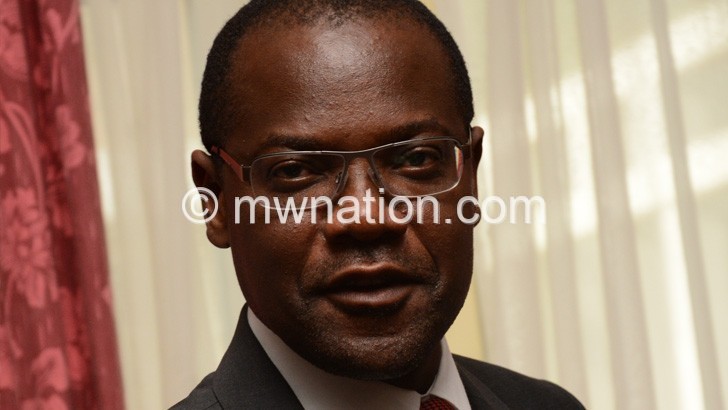Govt still mum on corruption indaba report
Almost 10 months after Malawi held a National Anti-Corruption Conference, government officials are still mum on whether resolutions and recommendations from delegates did form part of the final report.
It is also not clear if the report was circulated to delegates and Cabinet deliberated on the resolutions and came up with action plans as expected by the conference.

Donors including European Union (EU) and United Kingdom (UK) which financed the conference have been piling pressure on government to make available the final report and recommendations of the conference, but so far that has not been done.
Last week, EU Ambassador Marcel Gerrmann and Britain High Commissioner Holly Tett expressed worry in an interview on the sidelines of the 2017-18 Mid-Year Budget Statement for the prolonged delays by government to furnish the development partners with the report.
He said: “As EU [European Union] we financed a conference last April on corruption which was also attended by the President [Peter Mutharika], but so far we still haven’t seen a report or recommendations a year later.
“I think it is important if this is done if the fight against corruption is to be won in this country.”

Pressed for a fresh comment, the British High Commissioner in an e-mailed response indicated that there is not much to add on to what is already in the public domain.
But Minister of Justice and Constitutional Affairs Samuel Tembenu on Thursday refused to be dragged into the discussion.
He pointed out that he was not comfortable to comment about the position of government in the media and requested for a questionnaire which was yet to be responded to as we went to press.
During the conference held in April 2017, organisers received criticism from delegates for failing to acknowledge the recommendations and resolutions when President Mutharika closed the meeting.
The organisers grouped delegates into areas and sectors where action could be taken to address corruption in the country, namely policy and legislation, institutional framework, procurement and in politics.
The sentiments of the group on politics were that the laws give the President too much comfort especially on immunity from prosecution during tenure of office.
The conference was also particularly concerned with the treatment of Anti-Corruption Bureau (ACB) on appointments and removals of the director as well as funding and personnel shortfalls.
On politicians, it was further recommended: “The leadership should come out with declaration of assets on a yearly basis and make declarations of assets public.”
Currently, the law on declaration of assets of public officer’s states that the public can request for information on declared assets but this is beyond the reach of Malawians as the office operates from Lilongwe only.
The view of the group on procurement was that inadequate and untimely funding to government ministries, departments and agencies was contributing to corruption.
However, delegates felt that corruption could not be rooted out in public procurement but it could be reduced.
Among the recommendations was the review of laws on public procurement to encourage maintenance of a paper trail in the procurement chain.
Legal Affairs Committee of Parliament chairperson Maxwell Thyolera, in an interview on Thursday, observed that his committee which is mandated to provide oversight function on such matters is always sidelined.
“How do we do our job as MPs if government does not want to involve us.”
According to Transparency International (TI) Corruption Perception Index (CPI) released on Wednesday, corruption continues to worsen in the country.The index shows that the country has moved down two places from 120 in 2016 to 122 in 2017.





